We were lucky to catch up with Troy Kirby recently and have shared our conversation below.
Troy, looking forward to hearing all of your stories today. Alright, so you had your idea and then what happened? Can you walk us through the story of how you went from just an idea to executing on the idea
You are never finished executing on an idea when it comes to business. The moment you think you are done, your business is about to die. I’ve run several, both bought existing businesses or created small businesses.
Here are my 10 rules for the right business mindset:
1. Business plans are dead the moment you hit the street because nothing goes according to plan. Life doesn’t work that way. If your plan isn’t constantly evolving, you are going to get caught in a tsunami. I opened a cider bar in March 2020, right as the pandemic hit. It was supposed to be 100% draft drinking in-bar experience. Had I stuck to that original plan, the cider bar would have been dead. By June 2020, I had the cider bar with cans to-go, as well as shipping to several states, along with local delivery by Door Dash, Delivery.com, Drizly and Uber Eats. Don’t get stuck in the quick sand of assuming that your first idea is your best.
2. Work your business. Too often, I see new entrepreneurs try to hire and manage rather than operate it themselves. You need to work the floor, see where the holes in the system are. You will work hard, not take breaks, lose more hours of sleep, eat what you kill from the business only after everyone else who works for you has been paid. Your weeknights and weekends will be gone, even when you aren’t open. But you will know your business better than anyone else.
3. Know that local and state government is always on a quest for more money through new taxes, fees and permits. All of which costs time and money in delays. Those working for these municipal or government entities aren’t concerned about your schedule to open your business. And if you anger them, they will cause more delays to teach you a lesson. Expect this with last minute city building inspectors looking to get another permit filed by you right before you open. This happens all of the time.
4. Labor costs are business killers. It’s also really hard to pay people to give a shit. You could pay $1,000 an hour, and if the employee doesn’t care, they’ll give the same effort as someone paid at minimum wage. It’s about gaining buy-in for what you are doing. Labor costs are also about taxes, which increase the overall cost per employee. Know all of the taxes, fees and scenarios before you hire someone.
5. Buying someone else’s business means assuming their vision along with their potential ugly legacy. I bought a family fun center in May 2019 which closed in March 2020 because of the pandemic. During that entire 10 months, a large portion of my time was spent dealing with issues stemming from the previous ownership. Promises. Legal. Loans. Payments not made to vendors. Customers unhappy, etc.
6. Hire an accountant to do all of your payroll and taxes. Get every employee’s direct deposit information. That way, every employee knows they will be paid on time. Plus, if you get a person who needs to be fired, you can automatically pay them without them returning to the job site. One single call to the accountant will have that terminated employee paid directly, no fuss, no muss.
7. Commercial leases are about what the landlord sees in the space when the lease is drafted. You want to look at leasing spaces that don’t seem to fit what you want, then retrofit those spaces to accommodate. You’ll get a better deal in the terms. Have someone who works in commercial leasing check over your lease before you sign it. Know what you are getting into.
8. Have an operating agreement if you are going to have a partnership. I’ve had many business partners over the years. Often, they do not work out. If you are a go-getter, chances are that you will draw a lot of shady people pretending to have your work ethic. Really, they are grifters. Operating agreements, created by a business lawyer, are like pre-nups. Everyone finds them unattractive and expensive, until they realize their partner is a dud. Then they always wish they had one.
9. The customer experience matters. If you have a retail space, this is a cruise ship. Everything about it should be of welcoming comfort. Are your bathrooms clean? Is it easy to look at things, see if you want to purchase them? Are the customer touch-points with you and your staff engaging or negative? I owned a semi-pro soccer team called the Lacey Pocket Gophers in 2017 to 2021. While every other team just opened the doors and couldn’t figure out how to sell tickets, including the team across toward who drew 30 customers a game, we drew 350. Because we had an e-gaming trailer for kids to play video games, we had great concessions from a food truck, quality merchandise, a t-shirt launcher that shot apparel into the crowd, and let the kids run around on the soccer field with two giant soccer balls at half. We were in a high school stadium of high quality as well. The customer experience trumps everything else. It matters.
10. Obsession matters. Let no one convince you differently. If you are entering into a specific business industry, you need to obsess on it. Know everything about it. Figure out ways to apply different techniques from other industries in this new industry you starting a business in. You need to obsess constantly. Don’t settle for less. Don’t give a half effort. Look to obsess and dominate.
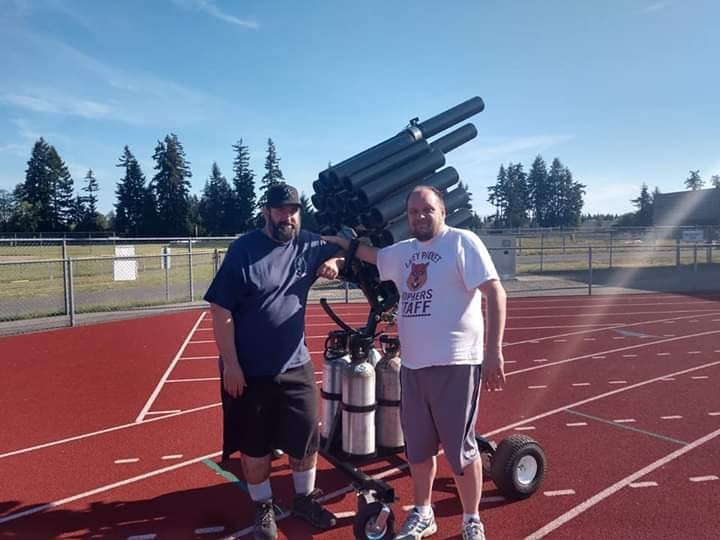
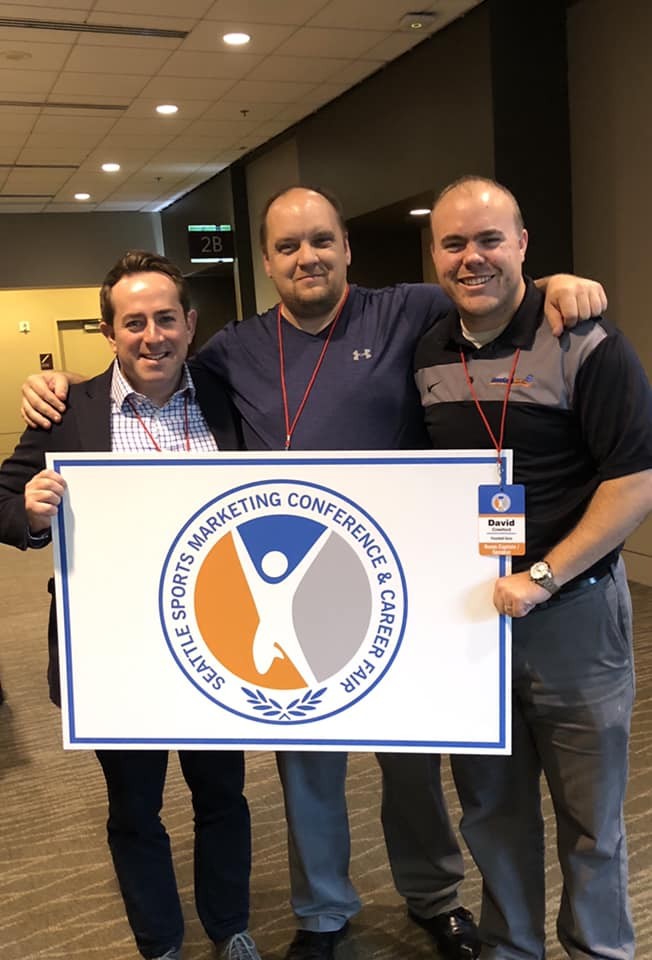
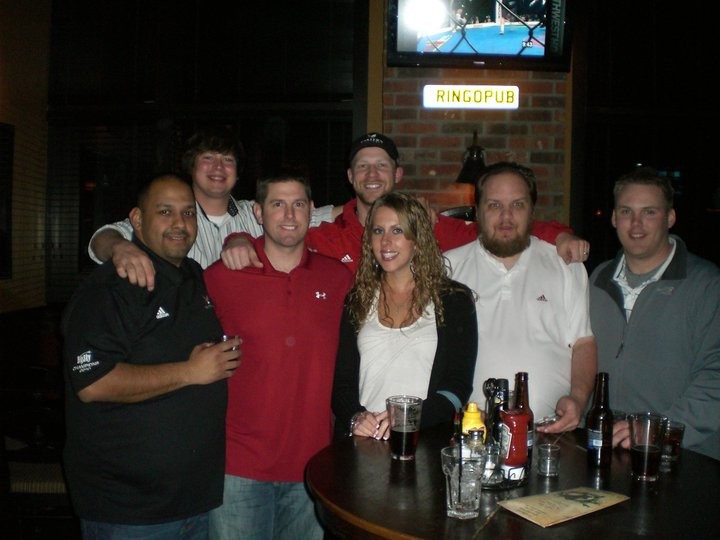
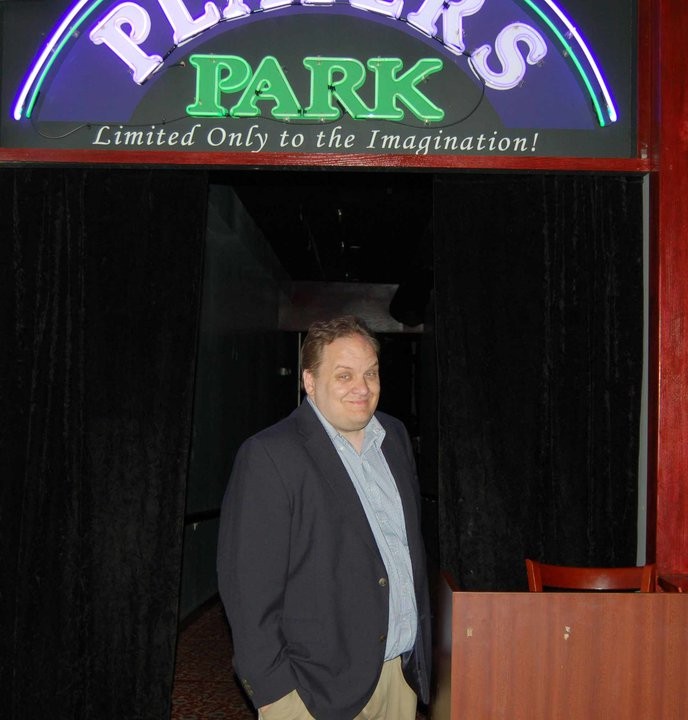
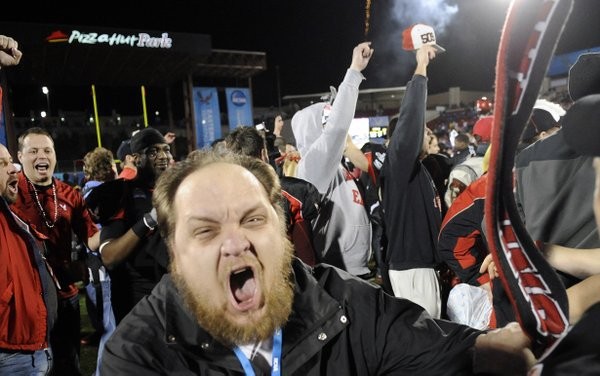
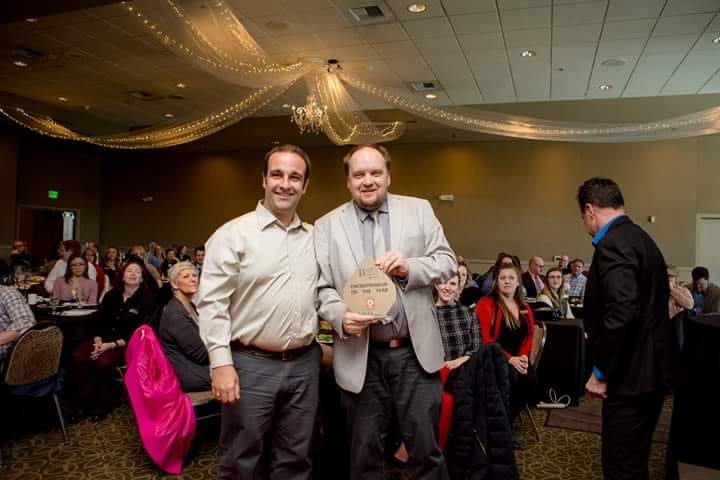
As always, we appreciate you sharing your insights and we’ve got a few more questions for you, but before we get to all of that can you take a minute to introduce yourself and give our readers some of your back background and context?
You can sell your integrity dirt cheap, but you can never buy it back.
Think about that statement for a moment.
I’ve had a lot of shady people who have tried to work with me in business, and they’ve always exposed themselves as going back on their word, not carrying out their end of the bargain, etc. Once someone is less than honorable, believe them. Then get away from them entirely. Never work with them twice. Don’t believe that they will change. Let them grift someone else.
It is usually at this point that I am told “you are difficult to work with” – specifically this criticism comes as I expect them to hold up their end of the bargain or not go back on their word. You know, standards and principles. Again, think about that for a moment.
We have unfortunately a dim view of business in this country. A lot of it is from the media, which portrays it as a cutthroat pirate, winner-take-all, jerk-move type of action. That anyone who wins at business has to be a horrible person. That they have to screw people over in order to win. This is so untrue of real relationships in small business. Yet, it persists. If you cannot work without exposing a lack of ethics, then you shouldn’t be in business in the first place.
I had a person tell me that in order to trust them, that “was on me.” Which basically means that they think I’m stupid to trust them. They aren’t going to hold up to their word if they want to change it. So, I’ve avoided it.
I also get accused of being rude. Actually, it’s being curt. If you are intent on wasting my time, picking my brain, whereas I become a complimentary consultant or personal counselor to your ideas which then, I will have to somehow jedi-mind-trick convince you to do anyway as you then choose to fight me against doing anyway, well, I’m out. I tend to give up on those who don’t want to be Jedi Knights. Don’t take the red pill and you can live in the Matrix, but I want to control my future, I want to win. I tell people now that if they want to meet to discuss their business idea, then it has to have a financial return for me. And no, I’m not a business coach. If you need a professional grifter taking money for you to decide to do something that you should be doing anyway, look elsewhere.
Everyone talks about their brand, forgetting that being credible is a brand. Its probably the biggest brand of them all. Do what you say you will do. Follow through. It matters. Everything else is just marketing and bullshit.
How about pivoting – can you share the story of a time you’ve had to pivot?
From 2003 to 2016, I worked in sports. Both professional and college athletics. I have a master’s degree in Sports Administration & Leadership. I’ve sold tickets at every major and minor type of sporting event. I had a podcast with 850 podcast episodes (www.troykirby.com) with different sports leaders. I ran sales training conferences such as the Sports Sales Boot Camp for NBA, MLB, NHL, NFL sales teams. I helped originate, along with three other college athletic ticket sales professionals, NAATSO, the first dedicated ticket association for ticket sales professionals in college. I was their first president, serving two terms. I worked at three different college athletic departments, Seattle University, Eastern Washington University, and UC-Davis, in a college sports industry where the ticket department was somehow always relegated to a viewpoint of being uninteresting, but somehow necessary. Starting in 2012, at UC-Davis, I started to gain national attention for my viewpoints and efforts on ticket sales, pricing and overall business practices, through a blog and podcast.
That garnered speaking engagements. It also garnered resentment at UC-Davis, where there was internal jealousy by others working at the department. Sure, they worked in athletics, but they really just wanted to work an easy job at UC-Davis for their entire life. They would make snide comments, and most of the staff there resented that I actually enjoyed the industry I worked in, and wanted to always learn more about my craft. In 2016, I hosted and privately paid for a revenue conference at UC-Davis, which had various team representatives show up to train (over 150+) from various NBA, MLB, NFL and other colleges in our area. Everyone else from UC-Davis refused to show up, including the incoming athletic director, who was 29, who came from Stanford, and who claimed he was a ticket sales guru. His only viewpoint of ticket sales was Stanford, therefore he never had to really struggle to generate a crowd. When he arrived at UC-Davis, which is much smaller, which needs to generate a crowd from a small base, he was unprepared but unwilling to admit that fact. He was such a guru that he never met with me, nor did his incoming deputy director, in the two months he was on campus. He instead had the interim athletic director lay me off on the last day of August 2016, as a redundancy. What I learned from this action is that his hubris overtook his sanity, and he didn’t want someone who might carry credit once his ticket sales knowledge took hold at UC-Davis. He left UC-Davis himself in 2021, working for Canada Golf, which apparently doesn’t have a robust need for ticket sales either. None of his metrics or theories in ticket sales worked out at UC-Davis.
After 2016, I decided that I was tired of working solely at the mercy of other people. Even when you are at the top of your game at someone else’s company, you are still working for or against their favor. It also matters what your fellow staff members feel about you. And if there is internal resentment because you are becoming exceptional at your craft, they will work to destroy that through their own misgivings. They may only want to be at the company for a job and find you annoying, because you love what you do. I truly did love working in athletics. But what I found is that the group-think of working within an organization where everyone collectively loves their job less than hates the fact that you love it more, won’t yield out in your favor. When I started working for myself, I didn’t have the similar roadblocks of working with those who wanted to stop me. It made me feel selfish at first, but then I started to like the autonomy where I was answerable to myself solely.
I pivoted, yes, by growing. I’ve used a lot of things from college sports in the small business world that I am in. But I also realized that I was suppressing my salary capability working in athletics. I was also suppressing my creativity. All for the smaller version of financial security. It is strange looking back at it. Seeing that I probably should have left athletics years earlier merely to enjoy the freedom of not having the “yes, but…” guy who would roadblock every innovation within an athletic department because, well, he had the ability to do so without any consequences. He was paid by the university to be basically a roadblock to ideas. We had several of those people. Now, if I want to do something, if I want to roll the dice, I do so. And that “yes, but…” guy isn’t there to stop me from doing it. If that isn’t pivoting, I don’t know what is.
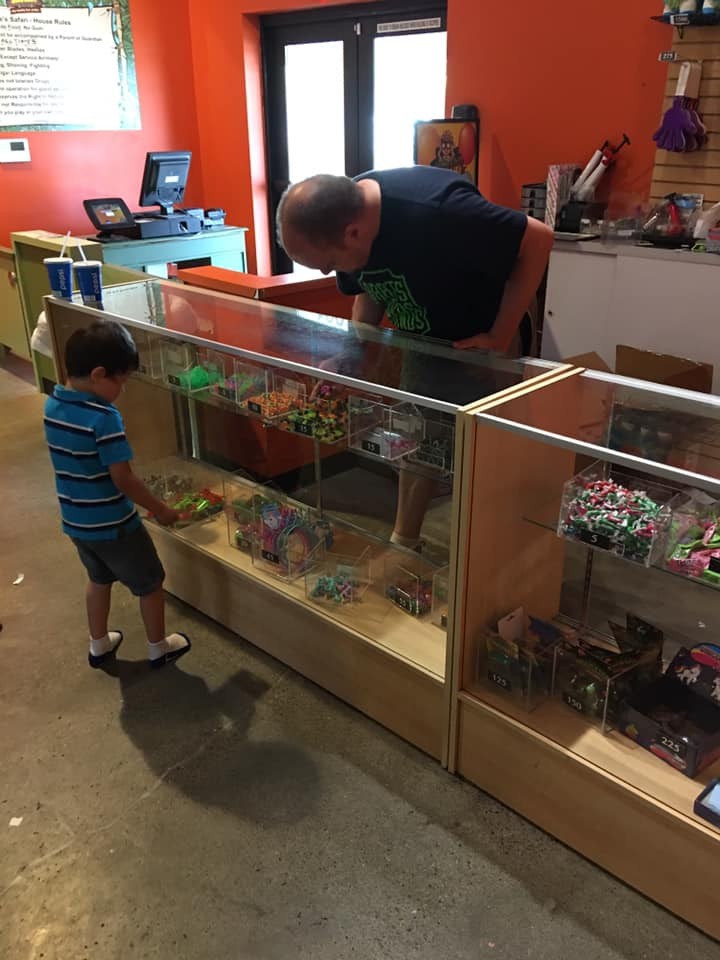
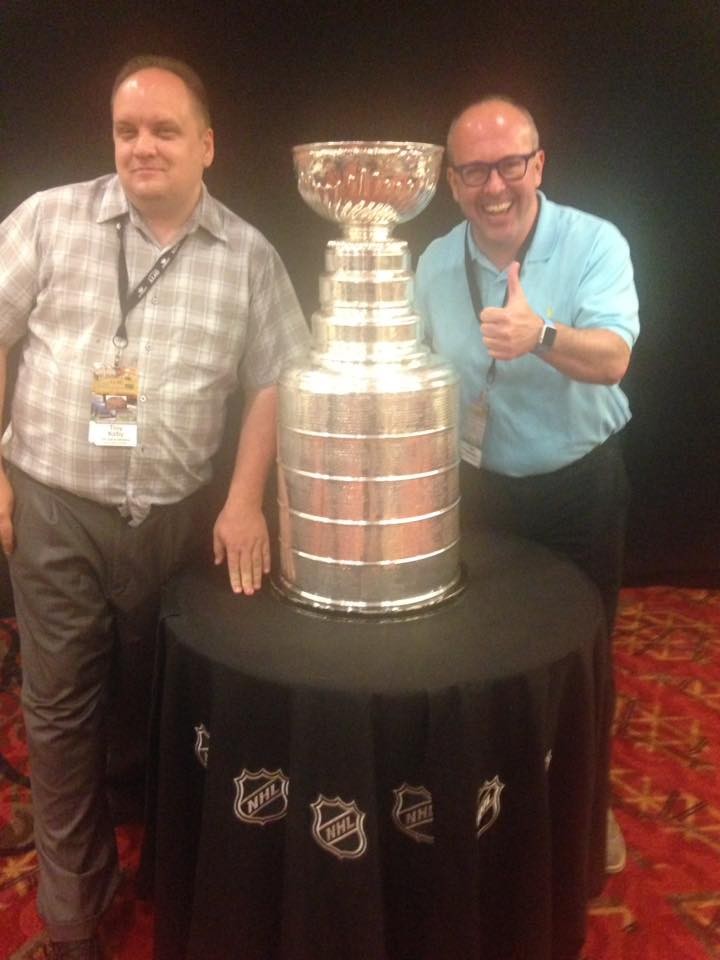
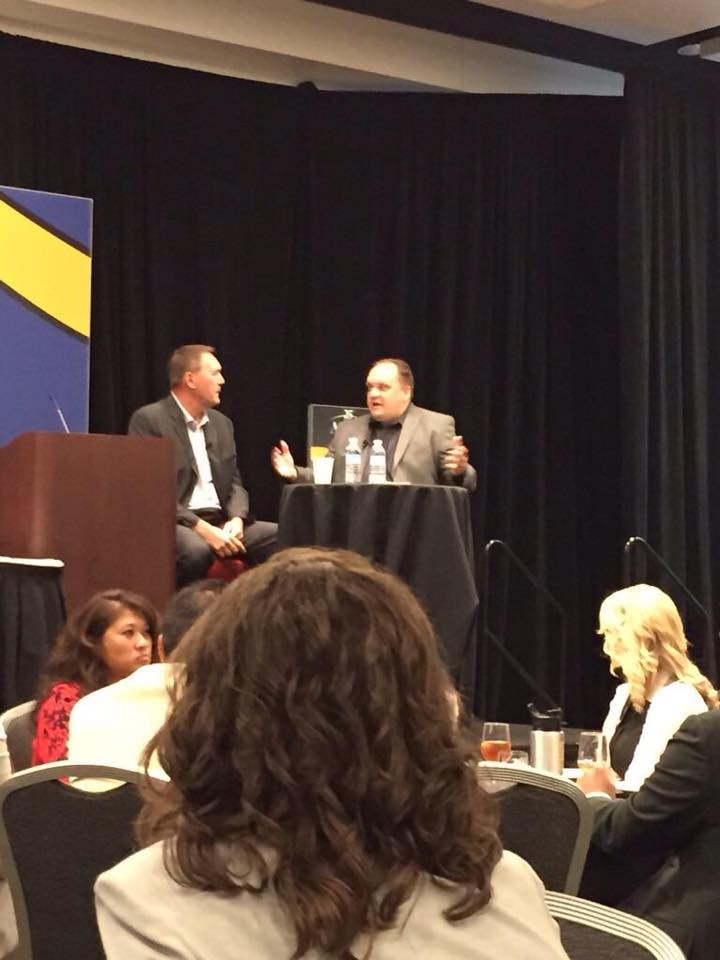
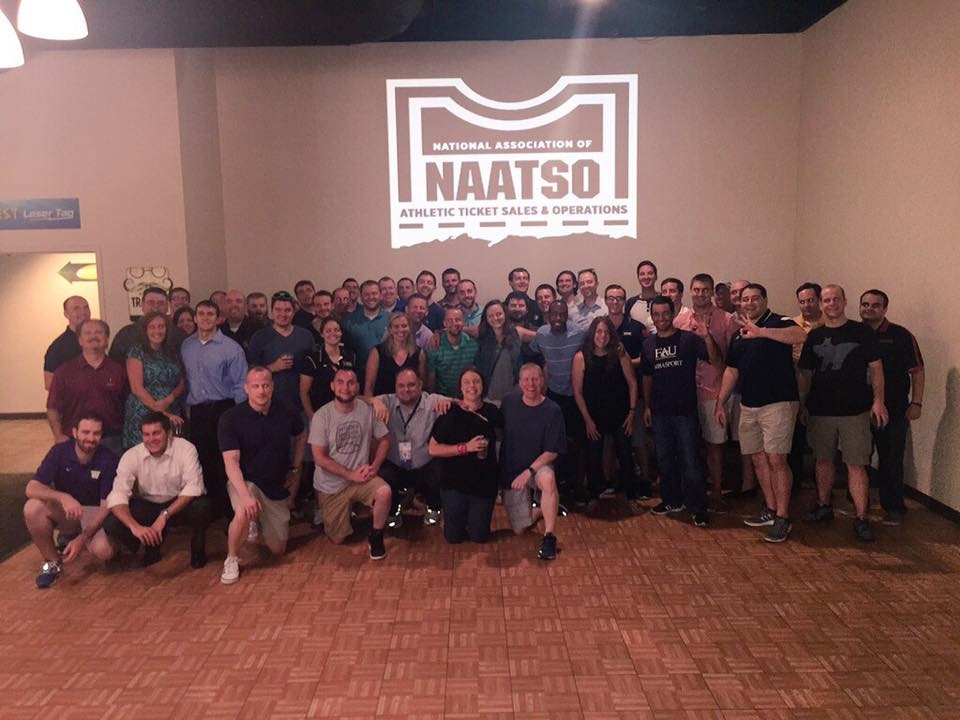
How’d you build such a strong reputation within your market?
Although I liked hard cider, I barely knew anything about it until I decided that I might want to create a cider bar. So I dove into it, 100 percent. That meant not just drinking hard cider, but learning about the different folks who manufactured it. The different ways that it was distributed. And I’m still learning. You have to work your business. You cannot abdicate that responsibility even if you can afford to hire staff. You need to obsess on improvement. You need to push yourself. I traveled to every Total Wine & More, every Bev-Mo!, every liquor store that I could find, every cidery in the state of Washington and Oregon. I wanted to what they were doing. I took notes. And I started to listen to audiobook autobiographies by business leaders who focused on the minutae of their business.
Here are some favorites:
“Built From Scratch: The Home Depot Story”
“Call Me Ted” by Ted Turner
“Made From Scratch: The Texas Roadhouse Story”
“Undaunted” – Kara Golden
“Setting The Table” By Danny Meyer
“Shoe Dog” By Phil Knight
“Me, Inc” By Gene Simmons
This type of obsession, regardless of what business you are in, will also present the idea of bringing fresh eyes to your problems. Some of which you will not see. I start thinking about hard cider as a long-tail method similar to Amazon. Carrying everything, especially hard ciders that were difficult to find, that wouldn’t be in every store. That way, it brought in people who normally may have shopped Total Wine & More or Bev-Mo! to try my store instead. I tasted everything, became knowledgeable about hard ciders, trying to ensure that I could look at everything from the customer’s point of view. I would chat with every sales rep of hard cider, engage them on new product, and build up my acumen. And I am still learning about hard cider. It never stops, not even for a moment.
Your reputation is built every moment of every day. The moment you stop, it wanes. You need to constantly learn. Constantly engage.
Contact Info:
- Website: https://www.ciderbarrel.com/
- Instagram: https://www.instagram.com/ciderbarreloly/
- Facebook: https://www.facebook.com/theciderbarrel
- Linkedin: https://www.linkedin.com/in/troykirby/
- Twitter: https://twitter.com/SportsTao
- Youtube: https://www.youtube.com/c/TroyKirby/featured
- Other: Google Business The Cider Barrel: https://g.page/r/CaRz2BEEijzLEAE
Image Credits
2014 Australia Sports Sales Training Conference 2014 Chicago Cubs Game on the field with Verizon VP 2014 Drinking from The MLS Cup at Sporting KC in Kansas City 2015 NAATSO Year 1 Photo 2015 Ticket Conference on stage, interviewing NFL HOF Dwight Clark 2016 Stanley Cup in Pittsburgh with Dave Wakeman after Penguins Win 2017 MLB All-Star Game in Miami with fmr. Seton Hall Associate AD Joe Rixon 2015 ALSD Conference Portland Trailblazers with Josh Tillman (Dialsource Founder, Mega tech star) 2019 Charlie’s Safari Photo with my second cousin Liam (age 5) – Photo by cousin / his father Christopher Frank 2020 Cider Barrel Photo by Kristin Zeller 2019 Entreprenuer of the Year Award Lacey South Sound Chamber – Photo: Clair Ferris 2010 FCS National Championship Game in Frisco, Texas – photo by Spokesman-Review (went into newspaper, over 500,000 copies throughout 3 states) July 12 2010 Squeakys Comedy, produced clean comedy in Spokane. Photo: Mark Easton. 2018 t-shirt cannon Lacey Pocket Gophers with Andrew Rose (known since 3rd grade)


